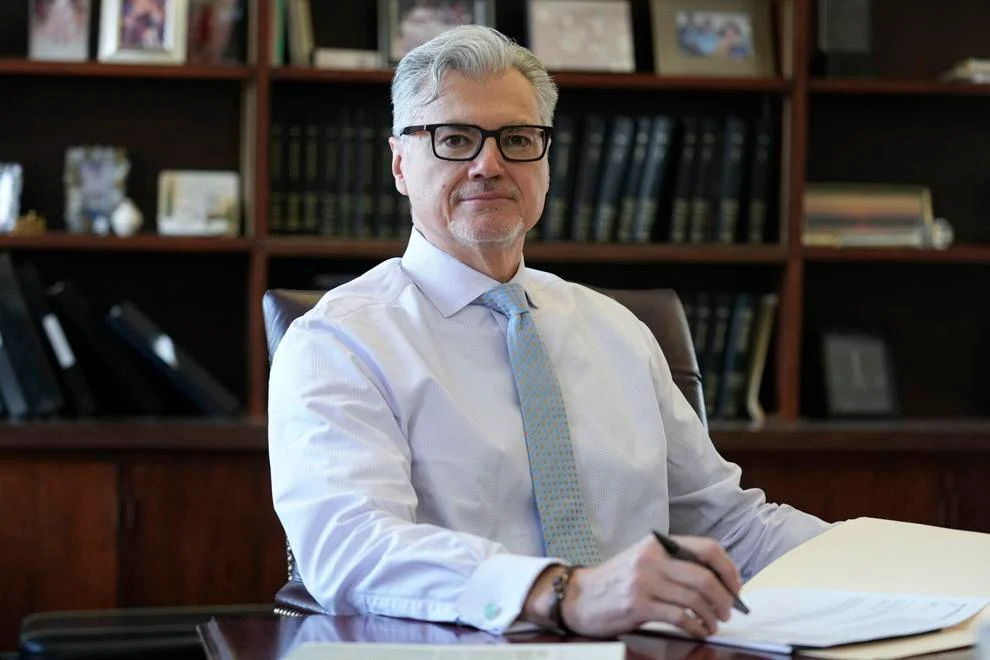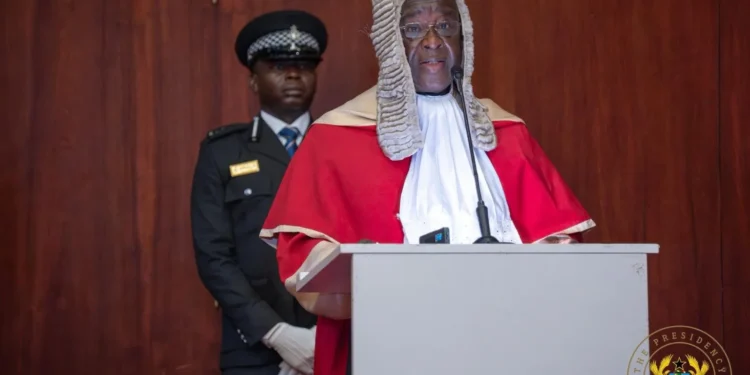Norman Eisen, a Brookings Institution senior fellow who served as special counsel to the House Judiciary Committee during Trump’s first impeachment, has stated that Trump is likely to face a sentence that includes incarceration.
Eisen’s perspective is informed by his co-authorship of a report examining sentencing outcomes for defendants with no prior criminal record convicted of falsifying business records in New York.
Citing examples, he highlighted cases where individuals were sentenced to spend time behind bars for their involvement in fraudulent schemes. One notable case involved a construction Executive sentenced to serve two days each week in jail for a year for concealing payments in a bribery scheme.
“I think he’s likely to face a sentence of incarceration if he’s convicted,” Anna Cominsky, Director of the Criminal Defense Clinic at New York Law School, opined, underscoring the seriousness of the charges against Trump.
The trial proceedings, including the evidence presented, could significantly influence Judge Juan Merchan’s decision regarding sentencing.
Judge Merchan is overseeing Trump’s hush-money case.
Trump has pleaded not guilty to all counts in the case, which focuses on whether he falsified business records to cover up reimbursements to his former lawyer, Michael Cohen, for a $130,000 hush money payment to Stormy Daniels.
Daniels has said she had a sexual encounter with Trump soon after Melania Trump gave birth to their son, Barron Trump. Trump denies the claim.
“This is why I’m imposing this sentence, because I heard from this particular witness or I saw this particular piece of evidence,” Cominsky explained, emphasizing the pivotal role of trial testimonies in shaping judicial decisions.
However, there are contrasting opinions regarding the potential sentencing outcomes. Some speculate that Trump’s sentences on each count may be stacked, leading to a cumulative period of incarceration.
Others argue against this assumption, suggesting that the Judge might consider mitigating factors or evidence of previous good deeds.
Nevertheless, Trump’s aggressive tactics, including personal attacks on the Judge and the District Attorney, have drawn criticism and legal repercussions.
Posting menacing photos and inciting harassment campaigns against legal officials have further complicated the legal landscape surrounding Trump’s case.
Diana Florence, a seasoned New York lawyer, emphasized the importance of maintaining proportionality in sentencing.
While acknowledging the severity of the charges, Florence doubted the feasibility of imposing excessively long prison terms.
“It’s just too much time for the conduct,” she remarked, highlighting the need for a balanced and reasonable approach to sentencing.
Sentencing Someone With Secret Service Protection?

Contemplating any jail or prison sentence would take Merchan into unchartered territory; Trump is the first former President ever criminally charged, and the Secret Service provides him with around-the-clock security.
But avoiding a sentence of incarceration on that basis risks undermining the idea of equal treatment under the law.
“If I were the judge − and I don’t know what a judge would do in this case − I would reject out of hand the concept that because he was once President, and because as a matter of policy the Secret Service guards former Presidents, that therefore he can’t go to jail,” Moscow said.
The question would then become how to reconcile equal treatment with ensuring a former President’s security, according to Moscow.
The Judge could get creative, for example by ordering the former President to stay in a hotel wing or at a military base, where he is isolated just like any other prisoner but still has Secret Service protection. “You can structure things to achieve the proper result without conceding that the defendant has the upper hand,” Moscow said.
Meanwhile, the 34 felony counts Trump faces are classified as “Class E felonies” under New York law – the lowest level felony in the state.
The maximum penalty on each count is four years of prison, and a judge would have discretion over whether to order Trump to serve sentences on each count at the same time or one after the other.
However, New York caps such sentencing for Class E felonies at 20 years.
In addition, New York judges often impose sentencing ranges, where an incarcerated person becomes eligible for parole at the low end of the range. For Class E felonies, the lowest end of a range would be one-and-a-third years per count, while the highest would be four years. Good behavior in jail or prison can speed things up even more.
In order to secure felony convictions, Manhattan District Attorney Alvin Bragg’s office must convince a 12-person jury that Trump falsified the records in order to commit or conceal another crime. In this case, Bragg argues Trump was trying to conceal a federal campaign finance law violation by falsely recording his reimbursements to Cohen as payments for legal services.
The federal violation was a limit-exceeding contribution to Trump’s 2016 presidential campaign, as the payment was allegedly designed to keep Daniels’ story from hurting the then-Republican nominee’s election prospects. Bragg also alleges Trump was trying to conceal a plan to violate New York tax and election laws.
Nothing in the Constitution prevents Trump from becoming president even if he is convicted or sentenced to prison. If he won the election, however, courts may delay any prison time until after his term in office expires.
READ ALSO: Stanbic Bank Invests GHS6.5m in Community Development Projects Nationwide




















